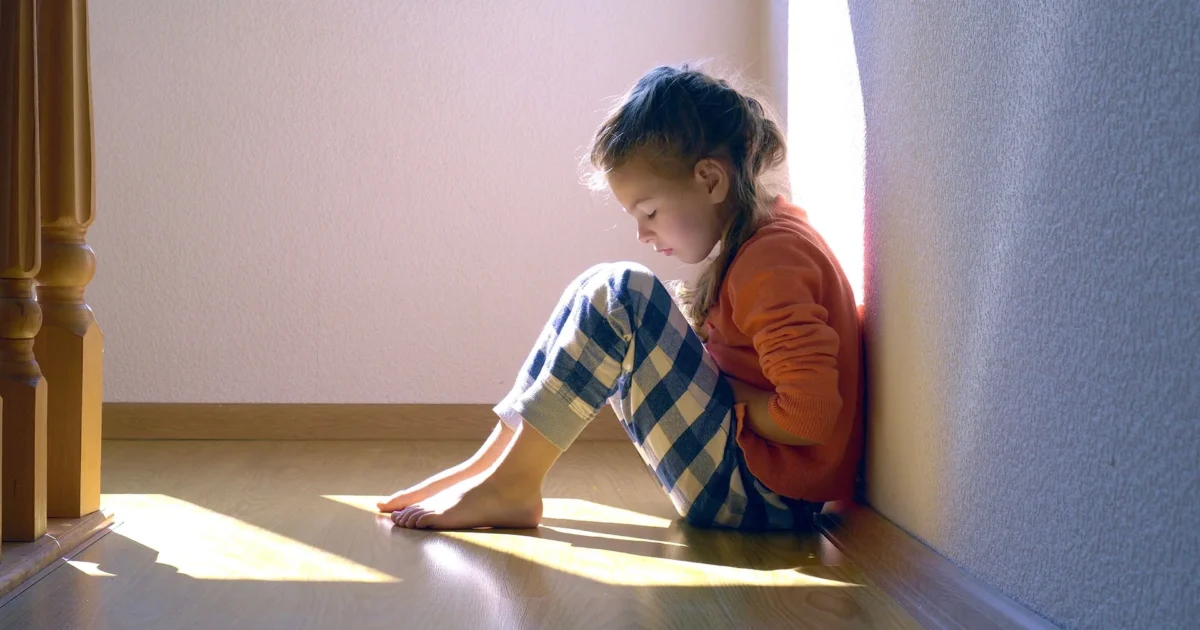In 2024, France finds itself engulfed in an alarming wave of criminal activity, with figures painting a dire picture of societal instability. Across the country, police and gendarmerie chiefs have reported a marked increase in crime within their constituencies. This growing crisis is characterized by pervasive violence, sexual assaults, property crimes, and fraud, as documented in the latest report from the Ministerial Statistical Service for Internal Security (SSMSI).
Crime at Record Highs: The Numbers Speak
Every day in France, an average of:
- 3 homicides or assassinations occur, marking a deeply troubling trend.
- 600 burglaries are reported, leaving citizens feeling unsafe in their own homes.
- 330 armed robberies take place, further straining police resources.
- 700 thefts from vehicles are committed, targeting everyday commuters.
- 1,110 cases of fraud are recorded, adding economic strain to personal loss.
Sexual violence has reached “daunting proportions,” with 123,210 offenses recorded in 2024, translating to more than 330 incidents per day. These figures represent an 8% increase from 2023 and likely understate the problem, given the significant number of unreported cases.
The Homicide Surge: A Grim Milestone
Between 2016 and 2024, the number of homicide victims rose from 926 to 1,186, a 28% increase. Criminologist Alain Bauer warns that while the 2024 figures are still provisional, the symbolic threshold of over 1,000 violent deaths annually has been surpassed for the second consecutive year. He highlights an additional 4,000 cases of attempted homicides, which he chillingly describes as “failed murders” due to the incompetence of perpetrators or the efficiency of emergency services.
“Homicides and attempted homicides are two sides of the same coin, reflecting an obsession with the desire to kill,” Bauer asserts, calling it a “death instinct” driven by societal breakdowns.
Overseas Territories: Crime Hotspots
France’s overseas departments and regions (DROM) account for 14% of homicides despite comprising only 4% of the national population. Guyana stands out as the “homicide champion,” with a rate per capita ten times higher than the national average. Regions such as New Caledonia, Mayotte, and the French Antilles have also experienced surges in violence, exacerbated by cultural clashes and limited law enforcement resources.
Assault and Domestic Violence on the Rise
Intentional assault and battery cases have surged post-pandemic, with 337,936 incidents recorded in 2024, equating to 900 to 1,000 daily offenses. Disturbingly, domestic violence accounts for 55-60% of these cases, reflecting deepening tensions within families.
The Unchecked Rise of Sexual Violence
Sexual violence, a harrowing statistic, continues to escalate. According to the SSMSI, the increase is not solely attributable to the “#MeToo” effect or improved reporting mechanisms. Police and gendarmerie chiefs confirm an objective rise in offenses, leaving communities to grapple with the devastating consequences of such crimes.
Property Crimes and Criminal Tactics
While some property crimes have stabilized, their impact remains severe:
- Burglaries: 220,213 incidents in 2024 (600 per day).
- Vehicle thefts: 139,773 cases, a 2% decrease.
- Thefts from vehicles: 254,788 cases, unchanged from previous years.
Professor Bauer notes that criminals are increasingly resorting to direct attacks on individuals to access secure property, such as phones and cars, reflecting a troubling shift in tactics.
A Society in Decline
Bauer describes the rising violence as a “profound movement of return of physical violence in the West,” driven by distrust in institutions, societal resignation, and the polarizing effects of social media’s “rageosphere.” However, a critical factor that mainstream French press and politicians are trying to downplay is the role of open borders, mass migration, and the importation of cultures that are fundamentally at odds with Western values. This influx has not only overwhelmed public services but also introduced dynamics that exacerbate social tensions and criminality.
Government Inaction and Overcrowded Prisons
Despite high-profile declarations by Interior Minister Gérald Darmanin, the government’s efforts to address crime have fallen short. While drug-related offenses have risen—271,808 drug use cases (+12%) and 49,628 trafficking cases (+5%) in 2024—the systemic issues fueling crime remain unresolved.
Overcrowded prisons exacerbate the problem, with 80,000 inmates crammed into facilities designed for 62,000. Promises to build 15,000 new prison places, made by President Emmanuel Macron in 2017, remain unfulfilled. Justice Minister Eric Dupond-Moretti’s proposal for specialized short-term prisons has gained little traction, leaving the system in disarray.
The Path Forward
France stands at a crossroads. To combat this wave of crime, decisive actions must include:
- Enforce stricter immigration policies to address the disproportionate link between migration and crime, including the closure of borders to unauthorized entry.
- Implement immediate deportation for any crime committed by non-citizens, ensuring swift action to protect public safety.
- Allocate more resources to law enforcement and community policing to strengthen public safety and reduce criminal activity.
- Expand prison infrastructure to ensure justice is served, provide sufficient capacity for offenders, and deter repeat crimes.
- Prioritize deportations of criminal offenders to maintain security and uphold the rule of law.
Without addressing the root causes—including the effects of open borders, mass migration, and cultural incompatibility—France risks further erosion of public trust and national identity. The mainstream narrative may seek to minimize these factors, but their impact on crime and societal instability cannot be ignored.
The time for complacency has passed; the French people deserve safety, stability, and a government that prioritizes their well-being. The nation must act decisively to secure its future.
Source: Le Figaro














Add comment